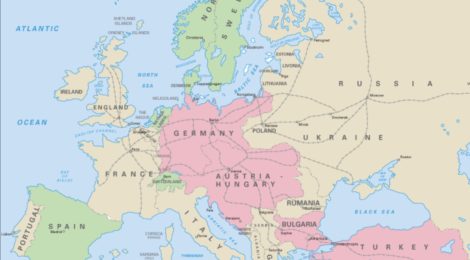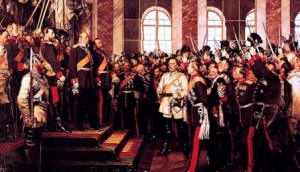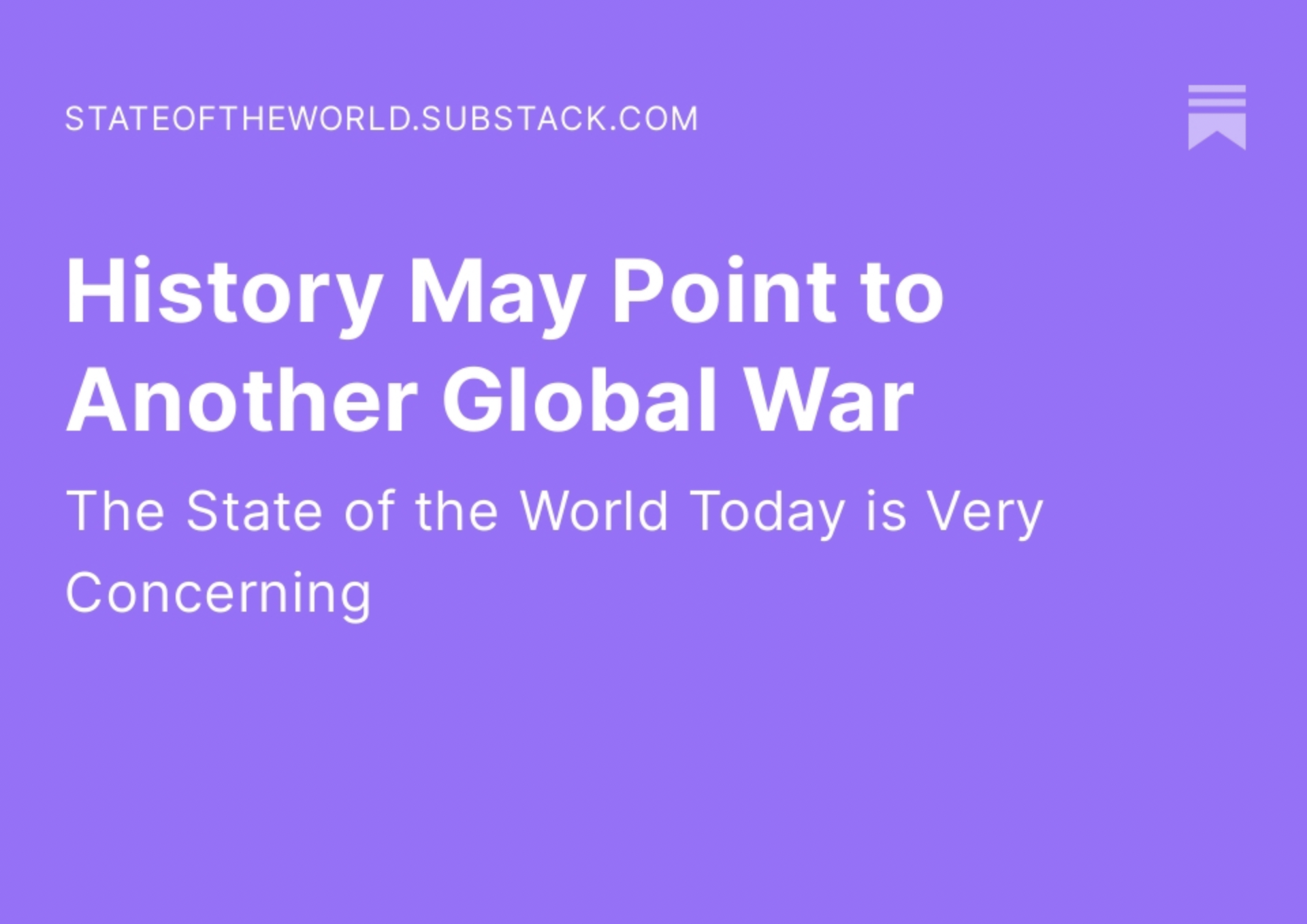
How Many Wars Were Fought Between France and Germany Before World War One?
How Many Wars Were Fought Between France and Germany Before World War One?
Wars fought between Prussia/Germany against France
From the point (in 1701) where Prussia became an officially recognized Kingdom, and therefore a diplomatic and military power among the other nations of Europe, Prussia engaged in numerous wars. Many of those wars would be waged against France. Most historians consider a united Germany (which was created under the King of Prussia in 1871), as the successor state to the old Kingdom of Prussia. Because of this, the history of Prussia, especially its military history, is considered an integral part of German military history.
As even those who are not overly familiar with history can probably identify France and Germany as two of the main protagonists in the both World War One and World War Two. This leads to the question of how many wars did Prussia/Germany fight against France up to the start of World War One? This answer covers the time period from the beginning of the Prussian Kingdom in 1701 through the creation of the united German Empire in 1871.
The War of the Spanish Succession (1701-1714)-France fought a long war to put a member of the ruling royal family of France (the Bourbon family) on the throne of Spain. Many European nations, including Prussia, lined up in a coalition to try to prevent this from occurring out of fear that a Bourbon Spain would ally with a Bourbon France to dominate Europe and/or lead to a united Franco-Spanish empire.
The Seven Year’s War (1756-1763)-Pitted a Prussian-British alliance against the combined might of France, Austria, and Russia. Prussian king Frederick the Great waged brilliant military campaigns against his enemies.
Wars of the French Revolution/Napoleonic Wars-The French overthrew their king and created the First Republic. The monarchies of Europe, including the Prussian leadership, were shocked and frightened by the overthrow of King Louis, and formed a coalition in order to end the Revolution. The French, for their part, were eager to export their revolutionary ideals to neighboring lands, in part to help protect the new republic.
War of the First Coalition (1792-1795)-Prussia, along with other royal powers who feared the threat represented by the bloody French Revolution against royalty and monarchy, invaded Revolutionary France in an attempt to crush the Revolution and restore the French monarchy to power. France raised huge citizen armies to battle the relatively small, professional armies of the invading powers. The French armies defeated the allied forces and preserved the Revolution. A French general named Napoleon Bonaparte rose to prominence in these campaigns.
War of the Fourth Coalition (1806-1807)-Prussia and Austria were defeated by France, which by this time was no longer a republic, but an empire, ruled by Emperor Napoleon I. Prussia was forced to accept a French army of occupation and had to become an ally of France, contributing troops to his ongoing wars.
War of the Sixth Coalition (1813-1814)-Prussia re-joined the anti-Napoleon coalition with Russia, Austria, Sweden, Britain, and other allied nations in the final push to defeat Napoleon. The Battle of Leipzig in Germany was the turning point, forcing Napoleon to retreat back to France. Allied forces followed, invading France, culminating in Prussian and Russian armies marching into Paris. Napoleon surrendered and was sent into exile on the island of Elba.
War of the Seventh Coalition (1815)-This was the shortest of the Napoleonic Wars. With Napoleon’s return from exile on the island of Elba, the Coalition powers scrambled to put their armies in the field against Napoleon. Only the British and the Prussians had forces available, and both of these allies marched forward to engage Napoleon and his resurgent French Empire. The British under Wellington, and the Prussians under Blucher met Napoleon on the battlefields of Belgium, near a town called Waterloo. There, in one of the most dramatic battles in history, the British and Prussians put an end to the threat represented by Napoleon.
The Franco-Prussian War (1870-1871)-This final war of German Unification pitted a Germany, led by the Kingdom of Prussia, against the Second French Empire, led by Emperor Napoleon III (nephew to the first Napoleon. The united German forces defeated the French and occupied much of France. As a result of this war, all of the German states united into a new German Empire, led by the Prussian king. From this point on, Prussian history is melded into the history of a united Germany. After the French defeat, the German leaders proclaimed the Prussian King, Wilhelm I, as the Kaiser (or Emperor), of a new German Reich (Empire) in the palace of French kings, Versailles. Another result of this war was the harsh terms of peace dictated by the Germans on the French. France had to pay a large financial cost (enforced by German military occupation until it the war debt was paid off), as well as losing two border territories to Germany. The loss of Alsace and Lorraine galled the French and was a major point of hatred toward Germany. The French assumed that a new war with Germany would occur at some point, and they prepared for that day by increasing their military readiness and by entering into a series of alliances with other nations to help them in the future war with Germany. The Germans too, knew that a future war would occur with France, and also planned accordingly. That future war would begin in 1914, and would be known as the First World War.
There you have it, History Fans: A total of seven wars between France and Prussia/Germany from 1701 to 1871. There would be two more wars between them; they are known to history as World War One and World War Two. Since the end of the Second World War, the Federal Republic of Germany (known as West Germany from 1949 to 1990), has been allied with France and the other Western allies as a member of NATO and the European Union. As a member of NATO, Germany and France have fought side-by-side as allies in such conflicts as the Kosovo War (1999), The War in Afghanistan (beginning in 2001), and Libyan War of 2011, not to mention the Cold War. Old enemies can become friends and allies. And it helps (a lot) that both are functioning democracies now as well.


Comments are closed, but trackbacks and pingbacks are open.